The holiday season is often referred to as “the most wonderful time of the year.” However, for many, Christmas can bring about increased levels of stress, anxiety, and even loneliness. From the pressure to create the perfect holiday to the strain of social expectations, it’s easy to see how mental health can be affected. In this post, we’ll explore 8 ways Christmas anxiety can impact your mental well-being and share strategies to manage these challenges, ensuring a more peaceful and fulfilling festive season.
1. Financial Stress and Christmas Anxiety
The holiday season often brings financial strain, leading to heightened Christmas anxiety. Between the cost of gifts, decorations, travel, and meals, it’s easy to become overwhelmed. In fact, a recent survey showed that nearly 1 in 4 people experience significant stress due to financial concerns during Christmas. The pressure to meet gift expectations and participate in lavish holiday traditions can make it difficult to enjoy the season, especially for those already managing financial difficulties.
What You Can Do:
- Create a Budget: Set a realistic holiday budget and stick to it. This can help avoid overspending and reduce financial stress.
- Focus on Experiences: Instead of purchasing expensive gifts, consider prioritizing experiences such as family gatherings, which can often be more memorable and meaningful.
- Communicate Boundaries: Discuss financial limitations with friends and family. Consider suggesting a Secret Santa exchange or setting a price cap for gifts to alleviate the pressure.
By creating a financial plan and setting clear expectations, you can reduce the burden of financial worries and reduce Christmas anxiety, ensuring the season remains joyful and stress-free.
2. Loneliness and Isolation During Christmas
Christmas is often portrayed as a time of togetherness, but for many, it can intensify Christmas isolation. The holidays can be particularly hard for those separated from family, individuals who have experienced loss, or people living alone. While others may be celebrating with loved ones, it can feel as though everyone else is enjoying a perfect holiday, leading to a sense of being left out.
Research shows that loneliness peaks during the holiday season, with nearly 1 in 5 people reporting increased feelings of isolation in December. This is particularly significant for those struggling with their mental health, as feelings of loneliness can exacerbate existing emotional distress.
What you can do:
- Reach out to others: If you’re feeling isolated, try contacting friends, family, or even volunteers to establish meaningful connections.
- Engage in community events: Local holiday events or charity activities can offer a sense of purpose and connection, helping to combat Christmas isolation.
- Use technology to connect: Video calls, social media, and messaging platforms can bridge the distance, allowing you to maintain connections with loved ones, even if you’re not physically together.
By taking proactive steps to foster connections, you can alleviate the emotional strain of Christmas anxiety and create a more positive holiday experience..
The Pressure to Meet Expectations: Festive Burnout and Mental Health
The holiday season is often portrayed as the “most wonderful time of the year,” but for many, it can bring significant stress and mental health challenges. The constant pressure to create the “perfect” Christmas, coupled with the idealized images portrayed by social media and holiday movies, can lead to festive burnout.
Unrealistic Expectations and Mental Health
The desire to meet these expectations can result in Christmas anxiety, where individuals feel like they must keep up with others in terms of decorations, gifts, and social gatherings. This creates immense pressure, especially for those already managing other life stressors. According to a survey by the American Psychological Association, 38% of people report that their mental health suffers during the holiday season due to unrealistic expectations. The pursuit of perfection often leads to mental exhaustion, burnout, and feelings of inadequacy.
Coping Strategies for Managing Festive Burnout
Here are several ways to protect your mental well-being during the holiday season:
- Practice Mindfulness: Embrace the idea that no holiday will be perfect. Be present in the moment, and recognize that the imperfections are part of the charm.
- Set Boundaries: Don’t be afraid to decline invitations or avoid events that cause stress. Setting clear boundaries is essential for reducing the strain of obligations that don’t align with your needs or energy levels.
- Prioritize Joy: Focus on the activities and people that bring you happiness. Whether it’s spending quality time with loved ones, volunteering for a cause, or simply taking a quiet moment to yourself, prioritizing joy over perfection can lead to a more fulfilling experience.
Reducing the weight of societal expectations allows you to enjoy the holidays without sacrificing your mental health. By actively managing the pressures of the season, you can prevent festive burnout and have a more relaxed, joyful holiday.
4. Strain on Family Dynamics
Family gatherings, a staple of Christmas celebrations, can bring both joy and stress. For some, family dynamics can intensify during the holidays, leading to heightened Christmas anxiety and festive burnout. Whether due to past conflicts, differing opinions, or complex relationships, spending extended time with family can stir up unwanted tension. According to a 2020 survey, nearly 30% of people reported feeling more anxious during holiday family gatherings, citing stress from navigating difficult conversations and personal boundaries.
The stress of these interactions often gets compounded by the pressure of the holiday season itself, which might cause a sense of feeling overwhelmed. Christmas isolation can also be exacerbated when family members don’t connect in a supportive or empathetic way, leading to feelings of loneliness even in a crowded room.
What You Can Do to Manage Family Stress:
- Set Healthy Boundaries: Before family gatherings, establish what you’re comfortable with. It’s okay to limit the amount of time you spend in high-stress situations or even avoid certain topics of conversation that might trigger anxiety.
- Take Time for Yourself: If you feel overwhelmed, step away. Whether it’s a short walk or a moment of quiet, self-care is essential to protecting your mental health.
- Plan for Difficult Conversations: Anticipate potential stressful discussions and prepare strategies for handling them calmly. For example, practice deep breathing or use humor to diffuse tension. Rehearsing these conversations can reduce the element of surprise and help you manage the situation more effectively.
Being proactive about managing your emotional needs during family gatherings can significantly reduce Christmas anxiety. Taking control of how you engage with family members can lead to a more peaceful and enjoyable holiday season, with less stress and emotional fatigue..
5. Seasonal Affective Disorder (SAD) and Reduced Sunlight
The holiday season coincides with the winter months, when the days are shorter and the lack of sunlight can have a significant impact on mental health. Many individuals experience Seasonal Affective Disorder (SAD), a form of depression triggered by the changing seasons, which affects approximately 1 in 3 people during the winter months. Reduced sunlight impacts serotonin levels in the brain, leading to lower energy and mood, contributing to Christmas anxiety for some individuals.
The Connection Between Christmas and SAD:
For those already struggling with mental health issues, the winter months can exacerbate feelings of sadness, hopelessness, and isolation. This is especially challenging during Christmas when social expectations, family pressures, and festive activities can amplify negative emotions. The combination of the cold weather, longer nights, and busy holiday schedules can lead to festive burnout, making it difficult to find joy in what should be a time of celebration.
What You Can Do to Manage SAD:
- Light Therapy: Using a light therapy lamp is an effective way to simulate natural sunlight. Studies have shown that light therapy can help reduce symptoms of SAD by boosting serotonin production and regulating the body’s circadian rhythm.
- Get Outdoors: Even on cloudy days, natural daylight can improve your mood. A short walk or spending time outside during daylight hours can be beneficial.
- Nutritional Support: Incorporate foods rich in Vitamin D, such as fortified cereals, eggs, and fatty fish, to help combat the lack of sunlight. Omega-3 fatty acids, found in oily fish, can also support brain function and mood regulation.
Taking small, consistent steps to manage SAD can significantly improve mental health during the holiday season and beyond, reducing Christmas isolation and helping you feel more connected and energized.
6. Overwhelm from Social Expectations
The holiday season often brings a whirlwind of social obligations—family dinners, office parties, and friend gatherings. While some enjoy these festive events, for others, the constant need to socialize can lead to stress and anxiety. People who identify as introverts or who find large gatherings draining are particularly susceptible to Christmas anxiety and festive burnout during this time.
According to a study by the Mental Health Foundation, 28% of people experience stress and anxiety due to social pressures during the holidays. This pressure often stems from the expectation to attend numerous events, share in the festive spirit, and maintain a cheerful demeanor, which can feel overwhelming for those already struggling with mental health concerns.
Why Christmas Can Exacerbate Social Anxiety
- Social obligations: The sheer volume of holiday gatherings can create a sense of being “forced” into socializing, which may not be enjoyable for everyone.
- Comparison culture: Seeing others post about their perfect holidays on social media can heighten feelings of inadequacy, contributing to Christmas anxiety.
- Feeling of being judged: There may be concerns about how one is perceived at social events, adding to the overall stress.
What You Can Do to Manage Social Overwhelm
- Be selective: Choose events that are truly meaningful to you. Focus on gatherings where you can enjoy the company of close friends or family rather than attending every event out of obligation.
- Practice saying no: It’s okay to decline invitations without feeling guilty. Prioritize your mental health and engage in social activities that align with your comfort level.
- Schedule downtime: Ensure you carve out time to recharge. Taking quiet moments between social events can help you maintain your energy and emotional balance.
By practicing mindful stress management, respecting your personal limits, and focusing on meaningful connections, you can make the most of the festive season while managing Christmas isolation and mental health challenges.s.
7. Unhealthy Coping Mechanisms and Their Impact on Mental Health
The holiday season, while meant to be a time of joy and celebration, can also bring immense stress, leading some individuals to turn to unhealthy coping mechanisms such as alcohol or substance use. This is especially true for those experiencing Christmas anxiety or festive burnout, where emotional strain is heightened by the demands of the season.
Studies show that alcohol consumption tends to increase during the holidays. According to a 2020 survey, 1 in 5 people reported drinking more during the Christmas season to cope with stress, anxiety, and holiday pressures. While drinking may offer temporary relief, it can worsen underlying mental health issues, leading to a cycle of anxiety, depression, and emotional distress.
How Unhealthy Coping Mechanisms Affect Mental Health:
- Increased Anxiety: Excessive drinking or substance use can disrupt your body’s natural balance, heightening feelings of Christmas anxiety.
- Decreased Emotional Resilience: Relying on alcohol or other substances can impair your ability to effectively manage emotions and stress.
- Isolation: Those struggling with unhealthy habits may withdraw from social interactions, exacerbating Christmas isolation and feelings of loneliness.
What You Can Do:
To combat festive burnout and maintain your mental well-being, consider the following strategies:
- Set Limits on Alcohol Consumption: Be mindful of your drinking habits. Opt for moderation or consider alternatives like non-alcoholic beverages or festive mocktails.
- Engage in Mental and Physical Health Activities: Practicing mindfulness techniques, journaling, or engaging in exercise like yoga can reduce stress and improve mental health.
- Seek Support: If you’re feeling overwhelmed by the pressures of the season, reach out to a therapist or a support group. Speaking with a professional can help you manage Christmas anxiety and create a healthier coping strategy.
By adopting healthier coping strategies, you can manage holiday stress more effectively and prevent the negative impact of Christmas anxiety on your mental health.
8. Disruption of Routine and Sleep: Managing Mental Health During the Holidays
The holiday season often disrupts our daily routines, which can significantly affect our mental health. With the hustle and bustle of holiday preparations, social events, and late-night gatherings, it’s easy to lose track of important aspects like sleep, eating habits, and regular physical activity. This disruption can lead to Christmas anxiety, festive burnout, and an overall decline in well-being.
Why It Happens:
- Sleep Deprivation: According to a study by the Sleep Foundation, nearly 40% of people report sleep disturbances during the holiday season due to irregular schedules, travel, and stress.
- Irregular Eating Patterns: Overeating or consuming too much caffeine and alcohol can throw off your body’s natural rhythm, leading to tiredness, irritability, and mood swings.
- Constant Activity: The pressure to attend multiple events, shop for gifts, and manage family expectations can cause mental fatigue, making it harder to maintain a balanced routine.
How Disruption Affects Mental Health:
- Christmas Anxiety: Lack of rest and over-stimulation can increase feelings of anxiety and stress, which may worsen Christmas anxiety for those already prone to mental health challenges.
- Festive Burnout: Exhaustion from disrupted routines and overcommitment can lead to festive burnout, where the joy of the season becomes overshadowed by overwhelming feelings of fatigue and irritability.
- Christmas Isolation: People who feel overwhelmed or exhausted may isolate themselves, missing out on social interactions and experiencing Christmas isolation, which further exacerbates loneliness and mental health struggles.
What You Can Do:
- Maintain a Regular Sleep Schedule: Prioritize sleep to restore your body and mind. Aim for 7-9 hours of sleep each night to support cognitive function and emotional regulation.
- Plan Quiet Time: In between holiday events, take time for yourself to relax. Whether it’s a short walk or some quiet reading, restorative downtime is crucial for reducing stress.
- Stick to a Balanced Diet: Consuming nutrient-rich meals helps stabilize your energy levels and keeps your mood balanced, preventing the emotional rollercoaster associated with Christmas anxiety and festive burnout.
Maintaining routine during the holidays helps reduce the strain on your mental health, providing a stronger foundation to enjoy the season without the negative effects of stress and exhaustion.
Key Takeaways:
- Financial stress, loneliness, and festive expectations are major contributors to Christmas anxiety.
- Practice stress management techniques such as budgeting, setting boundaries, and focusing on what truly matters.
- Make time for self-care, avoid unhealthy coping mechanisms, and maintain a healthy routine.
At a Glance:
- Christmas anxiety affects many people, leading to stress, isolation, and burnout.
- Seasonal changes and social pressures can negatively impact your mental health.
- Managing expectations and focusing on meaningful connections can ease the burden.
FAQs:
Q: How can I manage Christmas anxiety during the holiday season? A: Set realistic expectations, prioritize self-care, and seek social support to manage Christmas anxiety effectively.
Q: What can I do if I feel isolated during Christmas? A: Reach out to friends, volunteer, or participate in online communities to combat feelings of Christmas isolation.
Q: How can I avoid festive burnout? A: Set boundaries, say no when necessary, and focus on enjoying the parts of Christmas that bring you joy.
Conclusion:
Christmas is a time for joy and togetherness, but it can also bring about Christmas anxiety and other mental health challenges. By being mindful of your emotional needs, setting realistic expectations, and practicing stress management techniques, you can enjoy the holidays while prioritizing your well-being. Remember, it’s okay to take care of yourself first—this is the best way to experience a fulfilling and joyful Christmas season.
By following these tips, you can navigate the holiday season with a sense of peace and balance, ensuring that Christmas remains a time for joy, connection, and reflection.


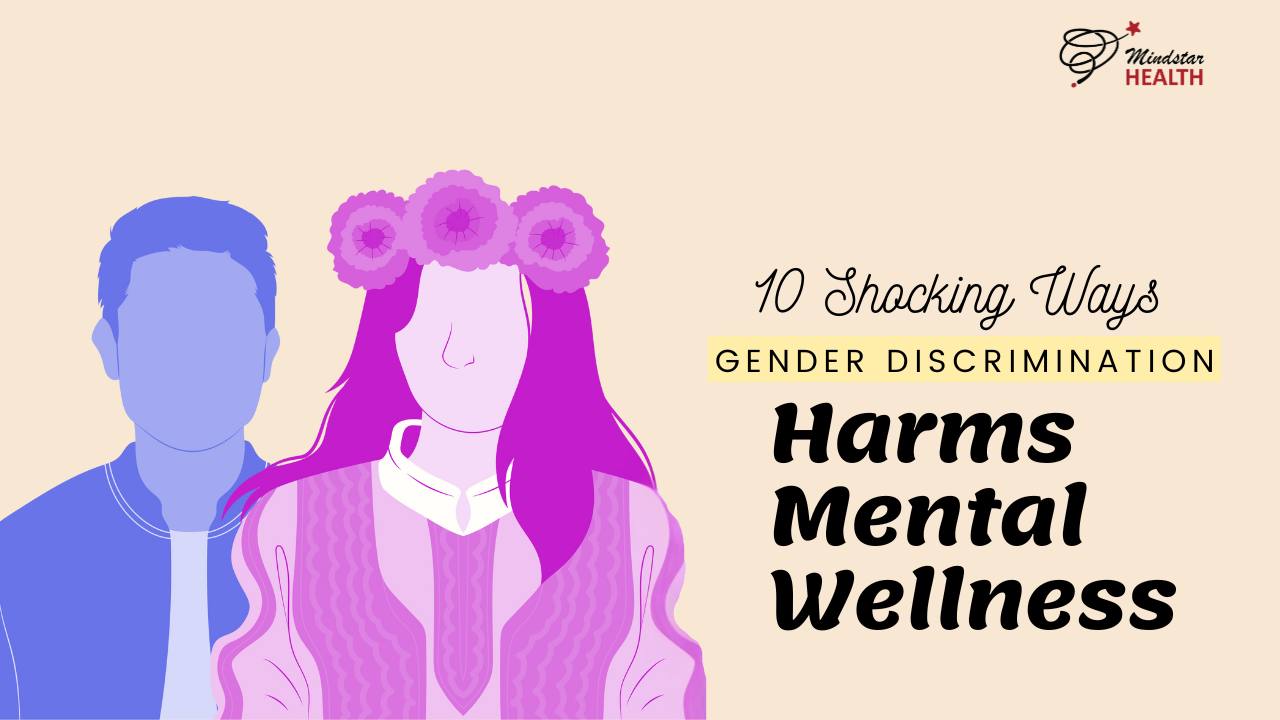
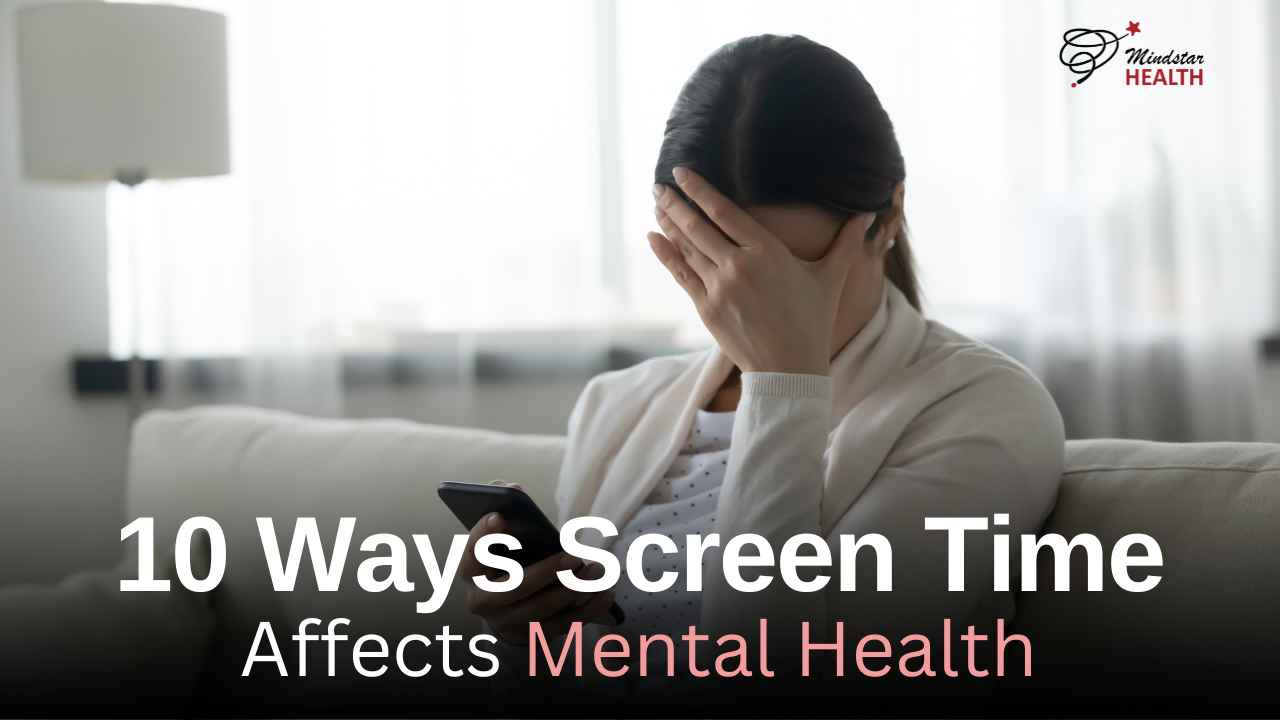

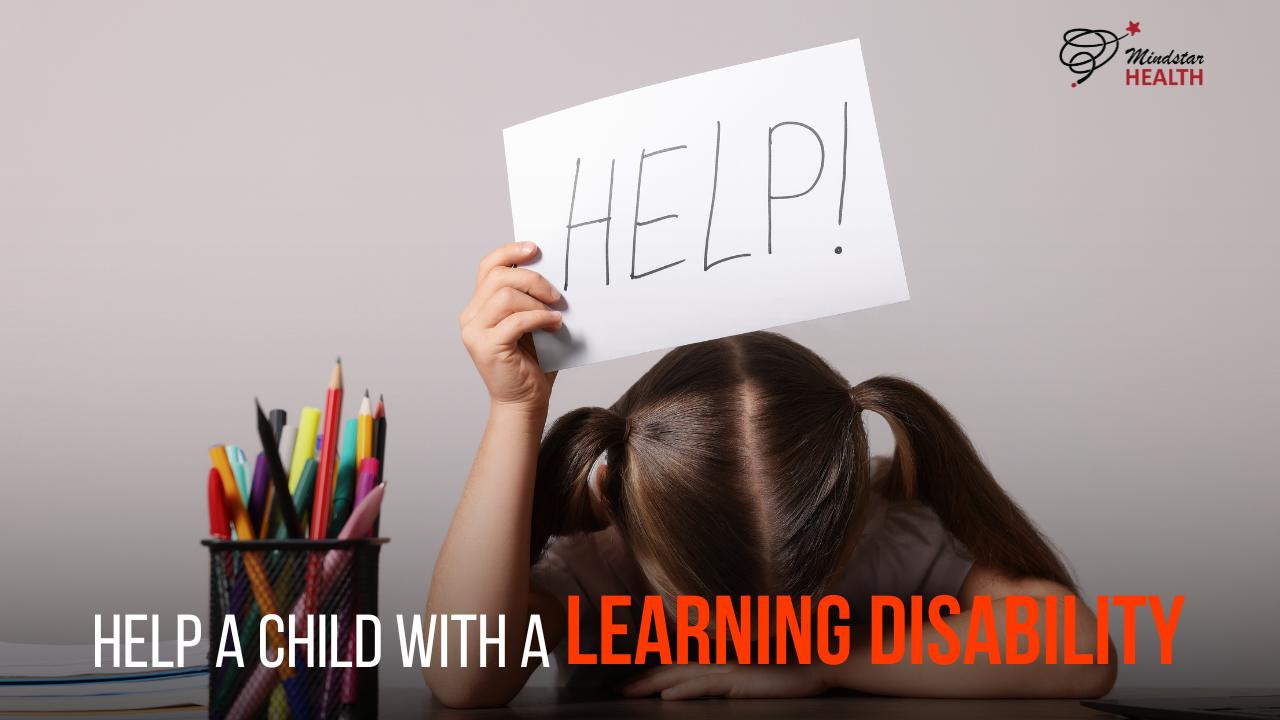
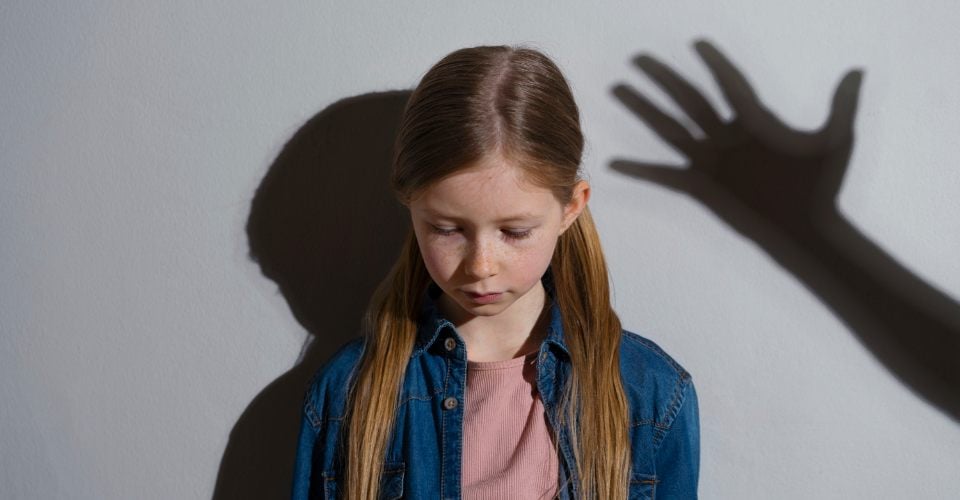





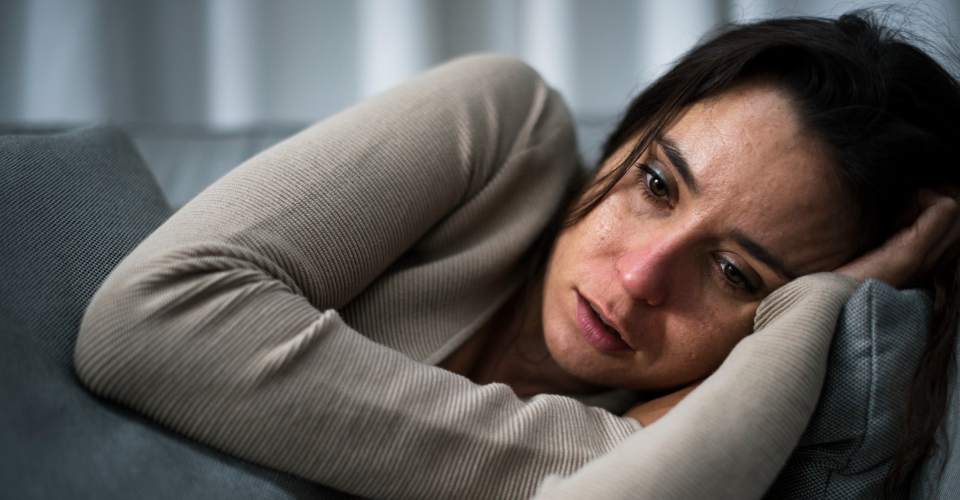

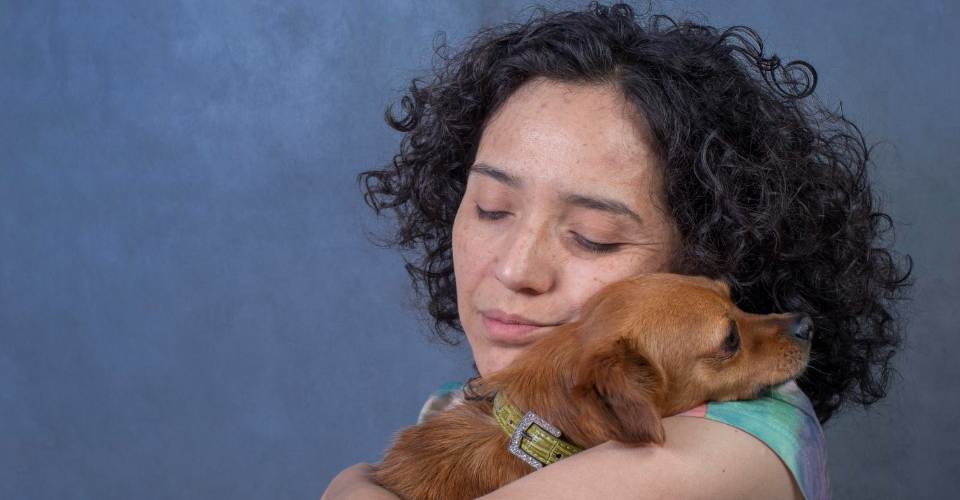


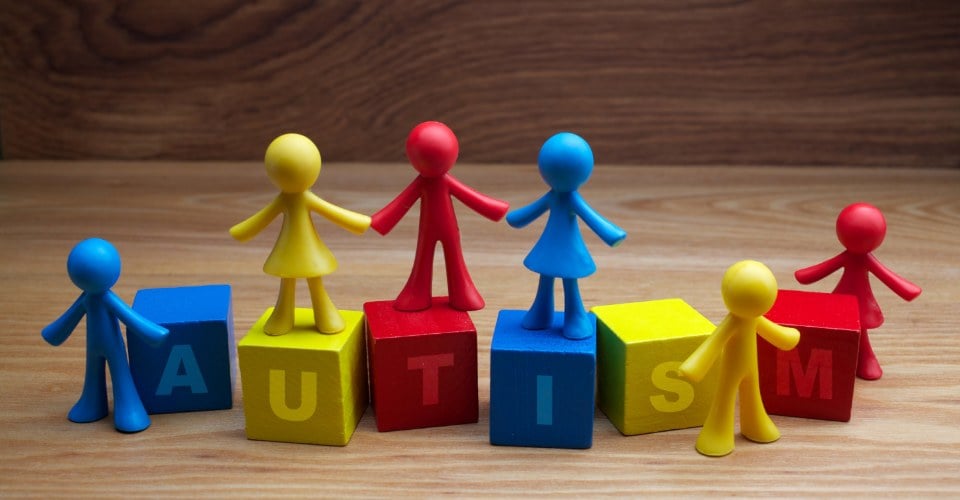




Leave a Reply
You must be logged in to post a comment.